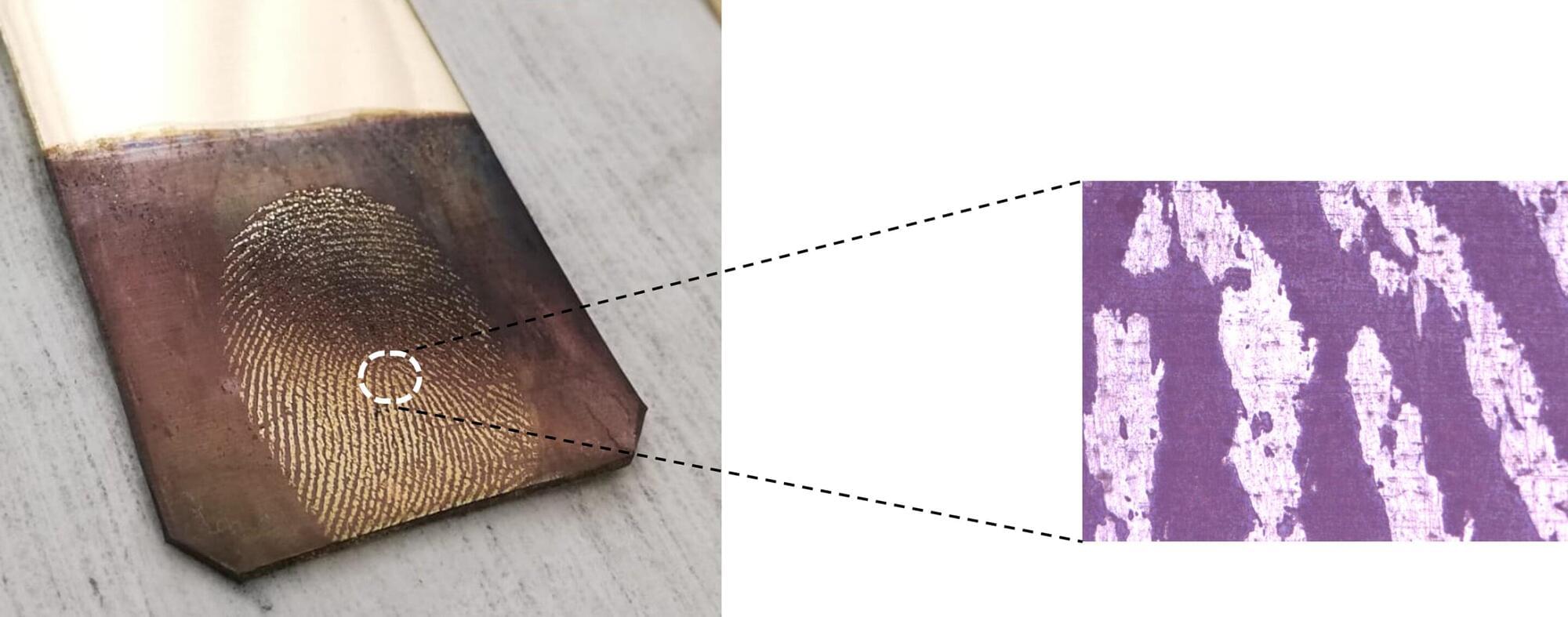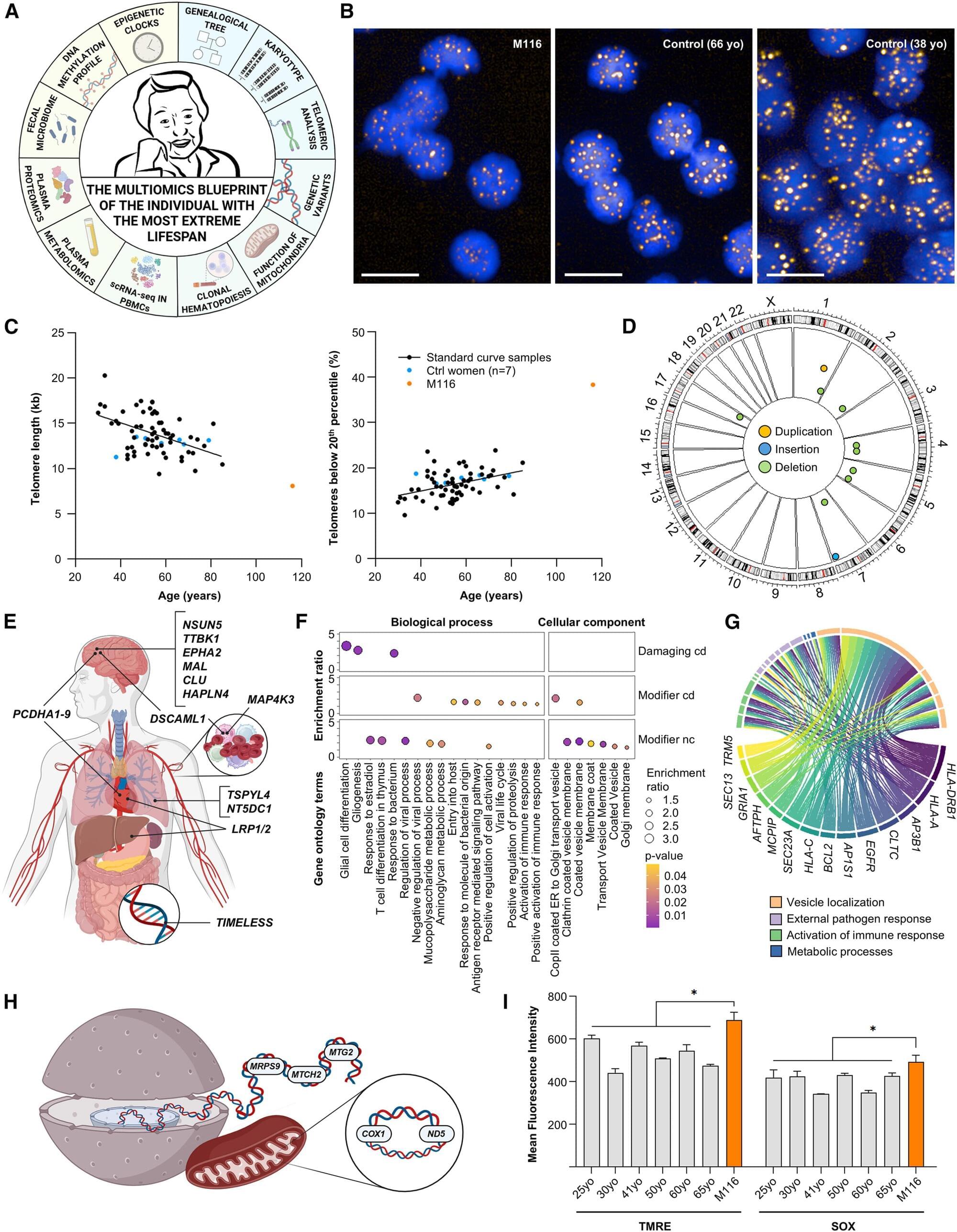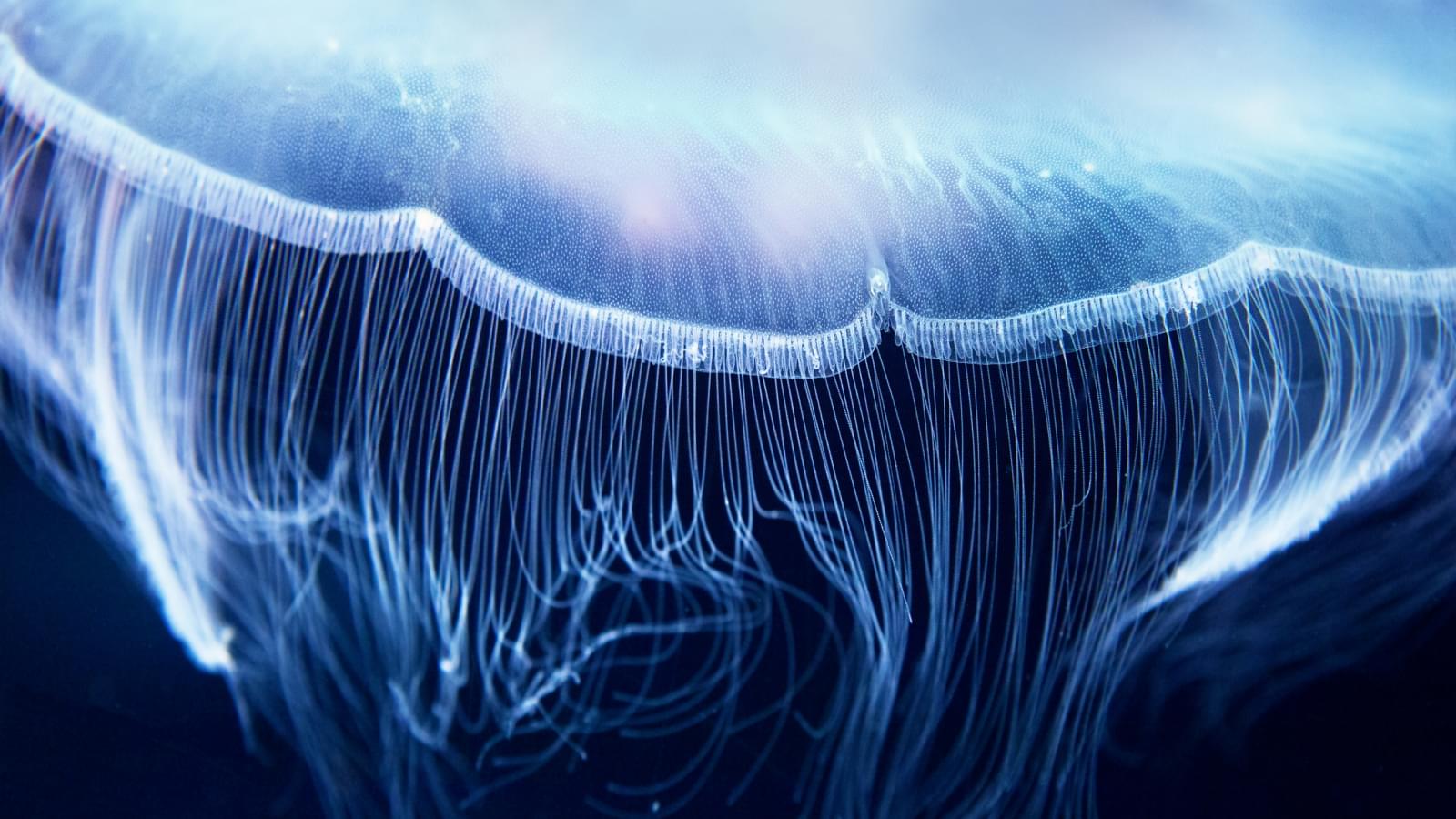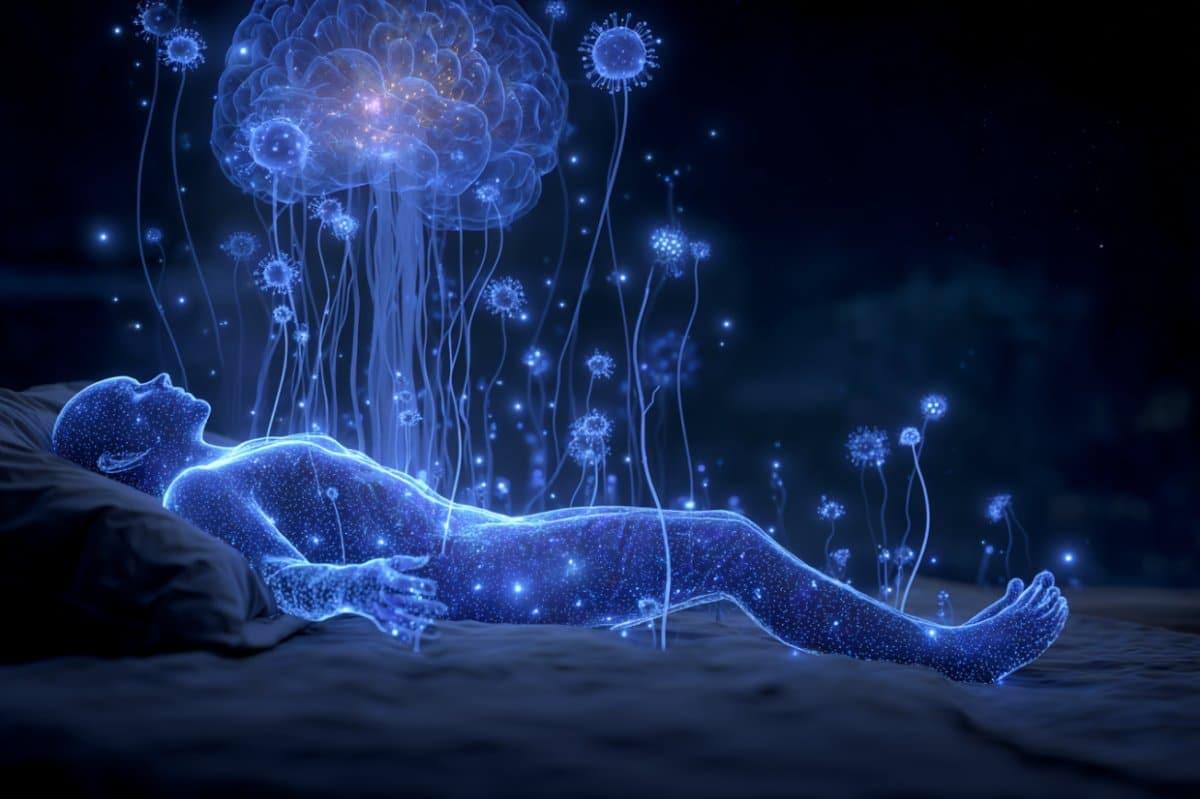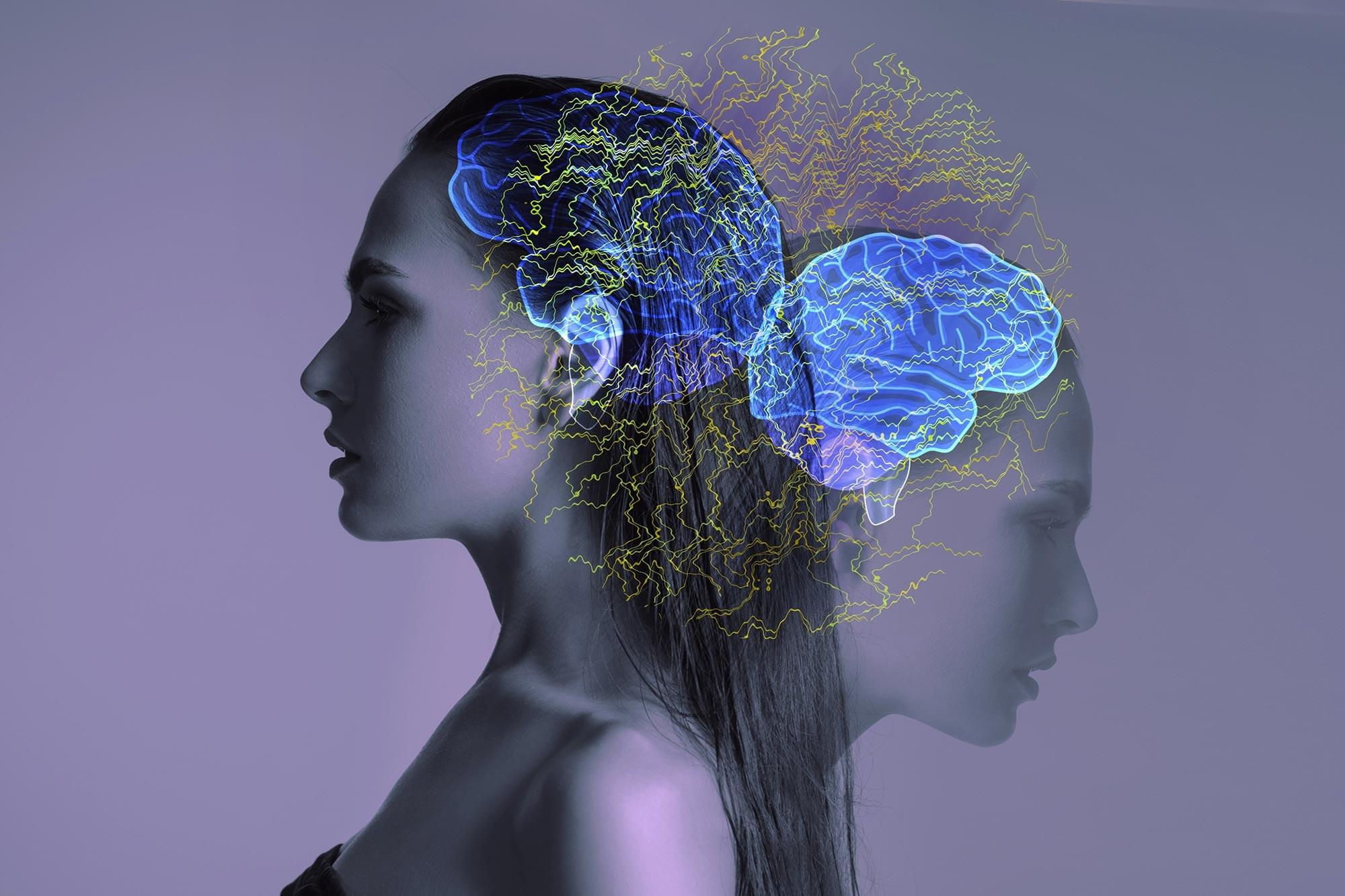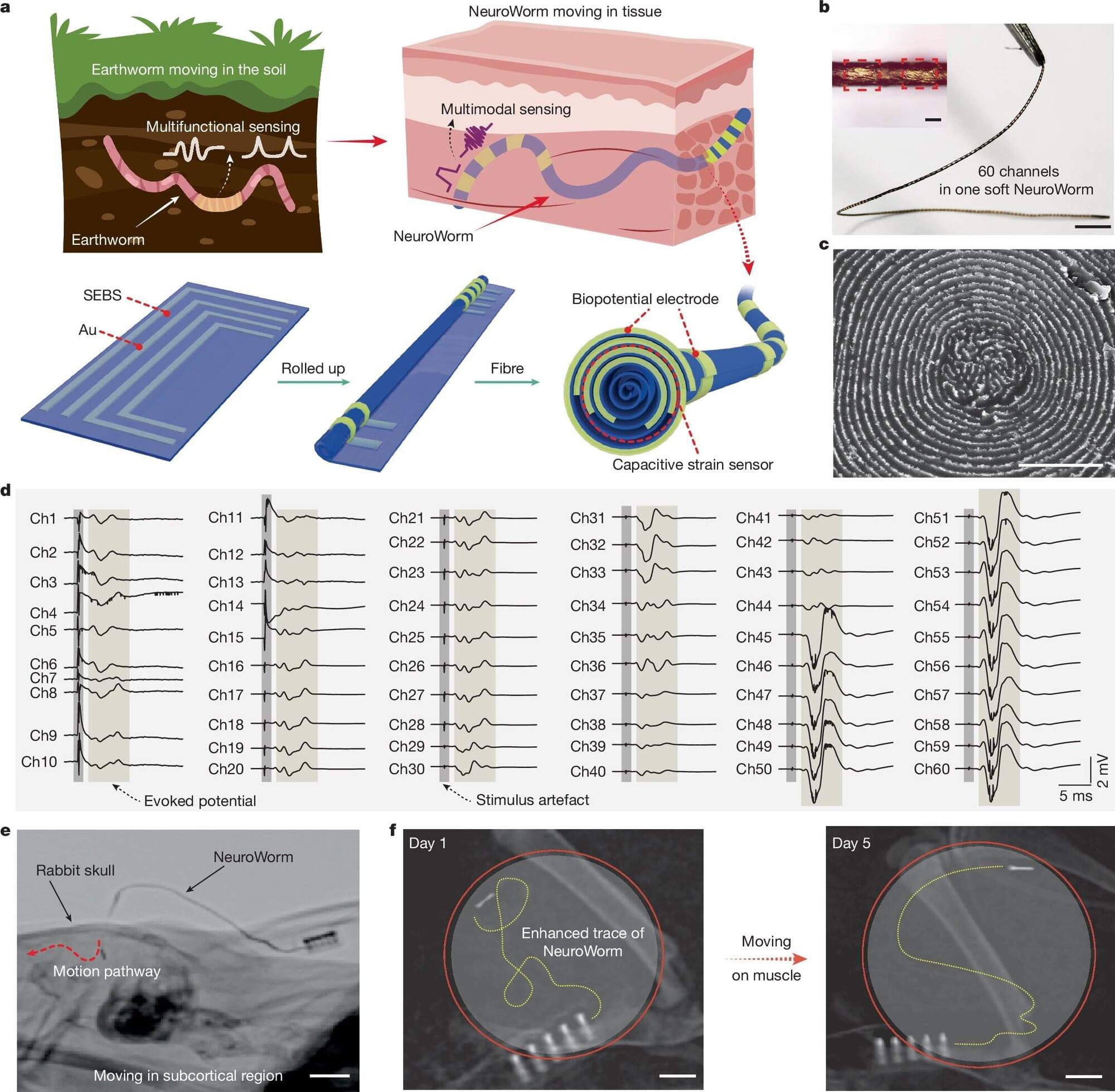A pioneering new test that can recover fingerprints from ammunition casing, once thought nearly impossible, has been developed by two Irish scientists.
Dr. Eithne Dempsey, and her recent Ph.D. student Dr. Colm McKeever, of the Department of Chemistry in Ireland’s Maynooth University have developed a unique electrochemical method which can visualize fingerprints on brass casings, even after they have been exposed to the high temperature conditions experienced during gunfire. The study is published in the journal Forensic Chemistry.
For decades, investigators have struggled to recover fingerprints from weapons because any biological trace is usually destroyed by the high temperatures, friction and gas released after a gun is fired. As a result, criminals often abandon their weapons or casings at crime scenes, confident that they leave no fingerprint evidence behind.
